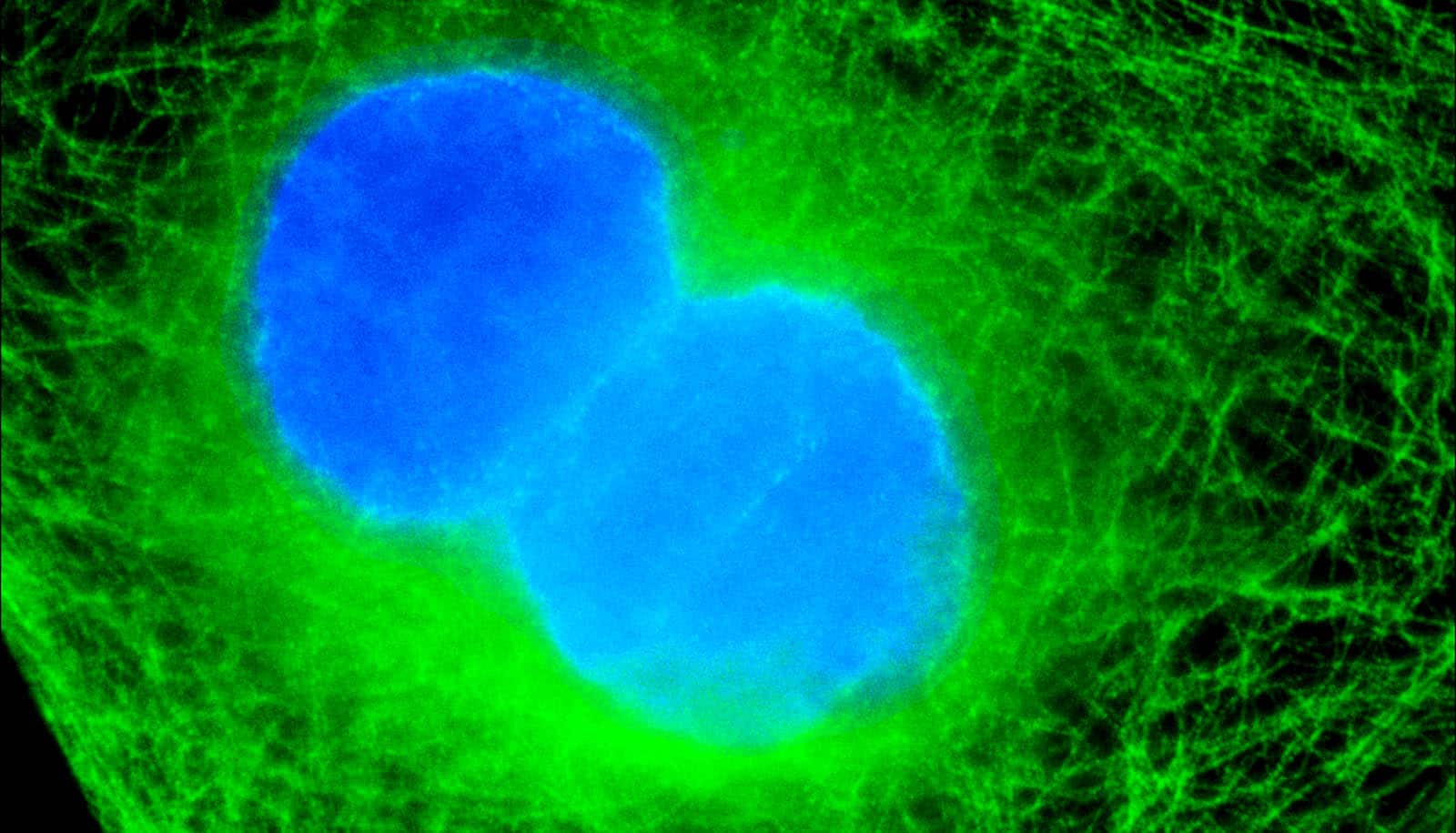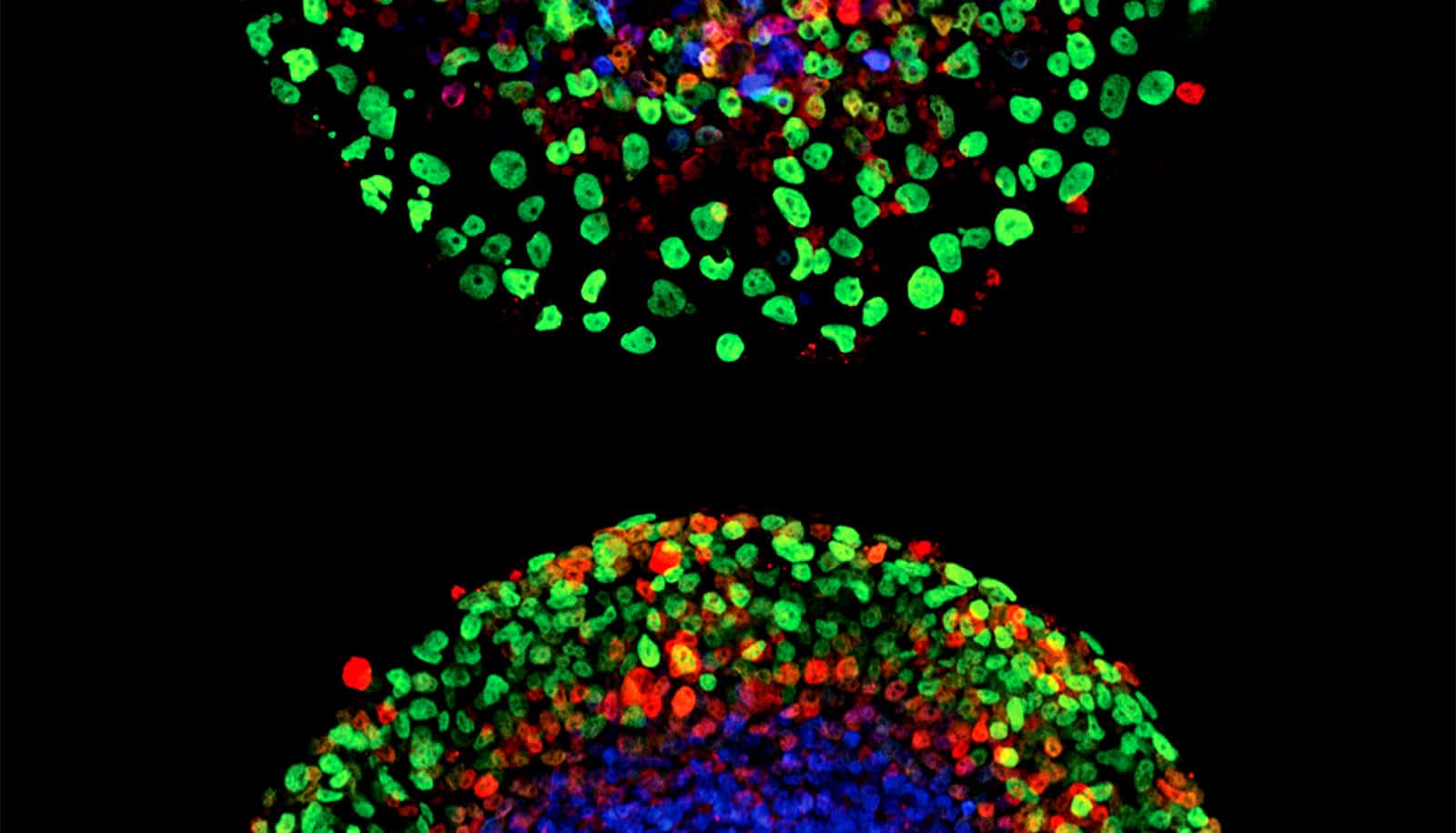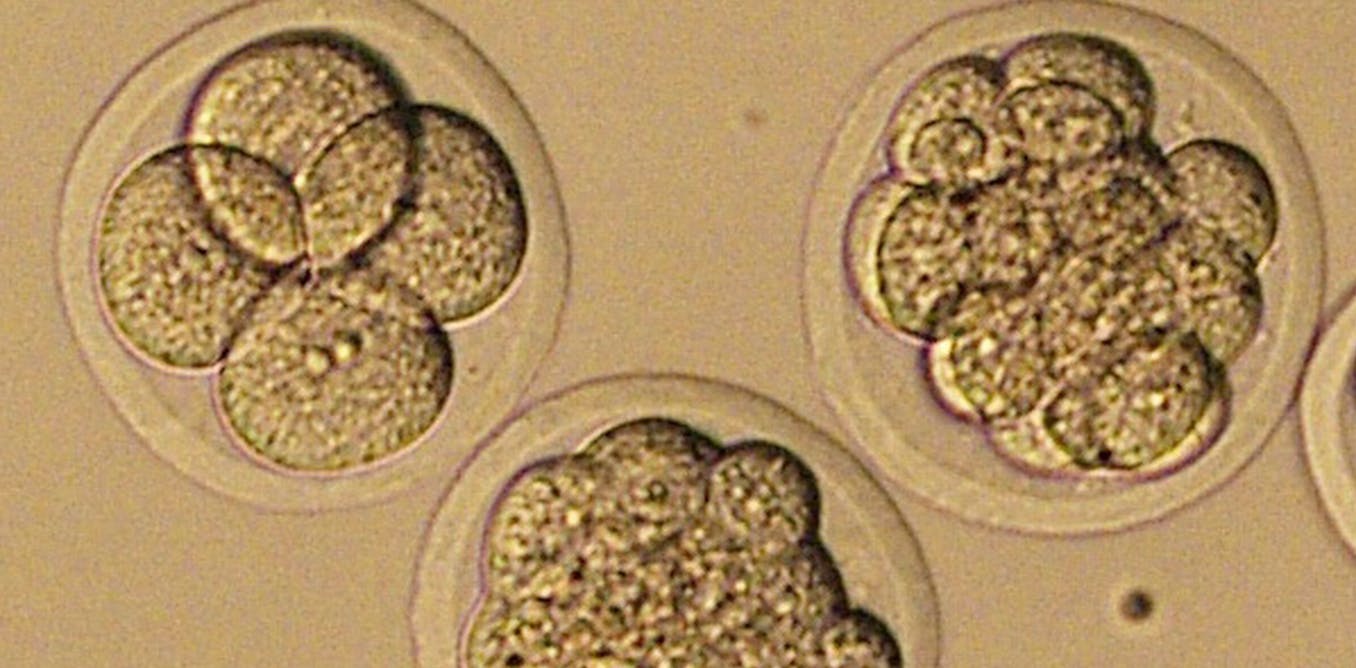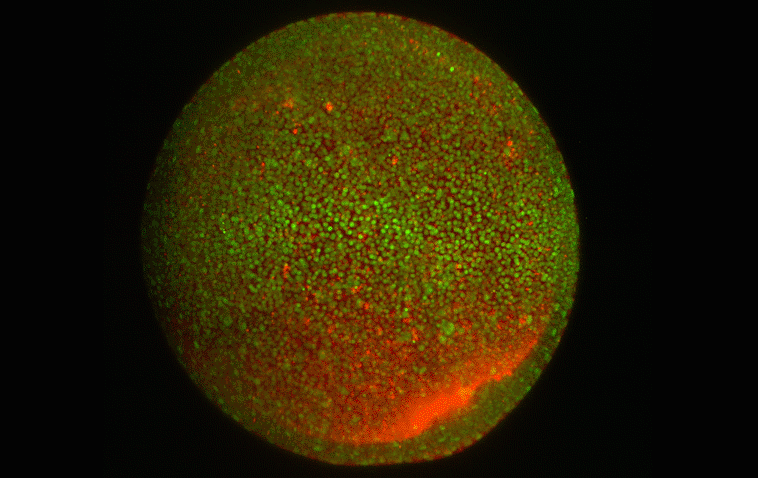Most human embryos naturally die after conception – restrictive abortion laws fail to take this embryo loss into account
Human embryos are far more likely to die than come to term, an evolutionary trait seen across species. Laws granting personhood at conception ignore built-in embryo loss, with potentially grave consequences.
Sept. 1, 2022 • ~10 min
First synthetic embryos: the scientific breakthrough raises serious ethical questions
Adults today may have grown up dreaming they would live to see working jet packs and robot assistants but few people imagined it would be possible to create life without reproductive cells.
Aug. 11, 2022 • ~8 min
The fertility industry is poorly regulated – and would-be parents can lose out on having children as a result
An unknown number of people have lost their dreams of parenthood because of storage disasters at fertility clinics. These experts note poor government oversight and the need for stronger regulation.
Aug. 23, 2021 • ~8 min
Growing human embryos in the lab and why scientists just tweaked the rules – podcast
Plus, how a new wave of South African romcoms is reimagining Johannesburg. Listen to episode 17 of The Conversation Weekly podcast.
May 27, 2021 • ~6 min
Lab–grown embryos and human–monkey hybrids: Medical marvels or ethical missteps?
Researchers have grown the first human-monkey hybrid embryos as well as mouse embryos in artificial wombs late into development. These biomedical breakthroughs raise different ethical quandaries.
April 22, 2021 • ~9 min
Virgin births from parthenogenesis: How females from some species can reproduce without males
Parthenogenesis, a form of reproduction in which an egg develops into an embryo without being fertilized by sperm, might be more common than you realized.
Dec. 15, 2020 • ~6 min
/
4





